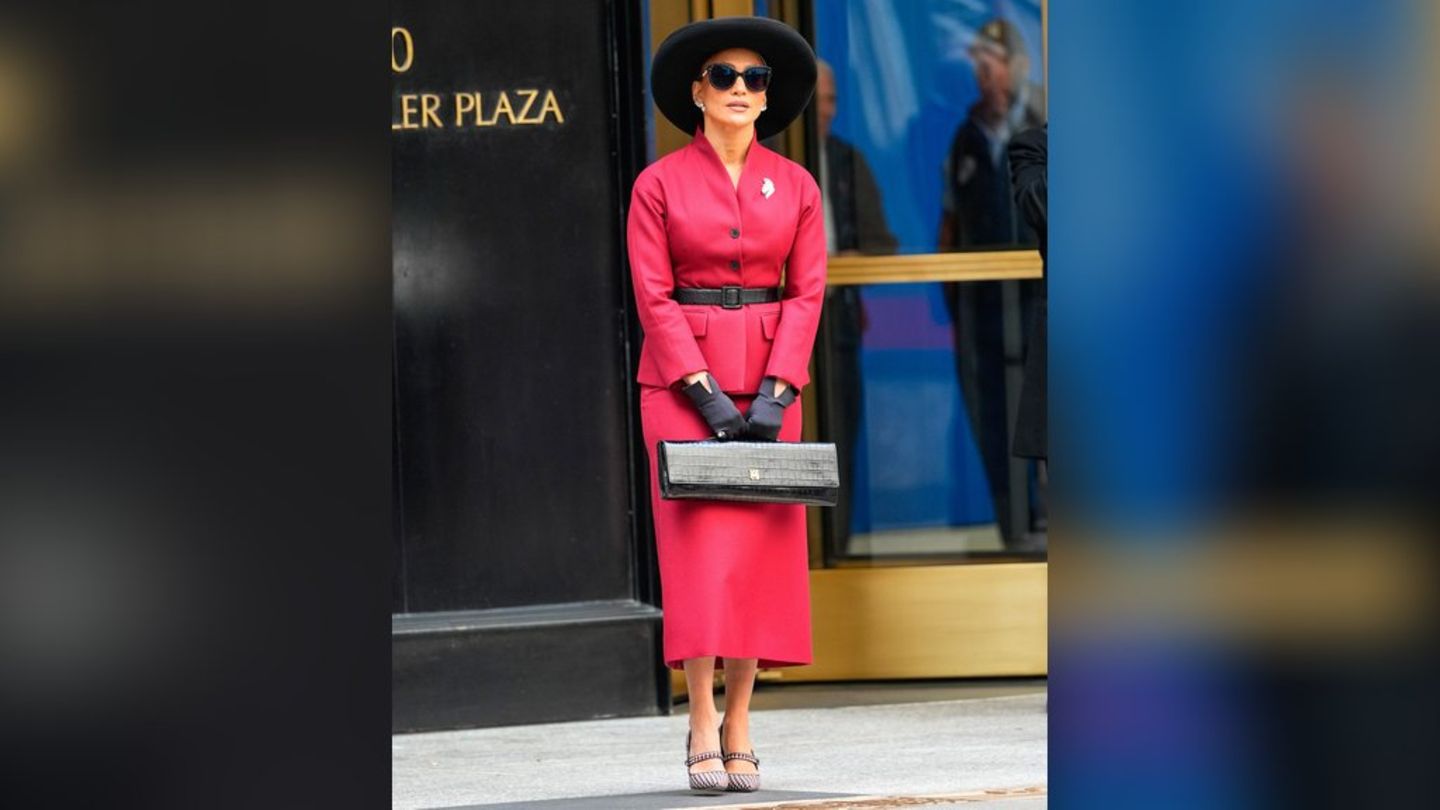Living in a building is not just paying expenses: it implies sharing spaces, making collective decisions and maintaining a common heritage. Keys for exercising rights, fulfilling duties and achieving a healthier coexistence.
Being owner today is more than paying expenses: it is to assume a small civic role.
Living in Consortium is not just having a title: it is to integrate into a community that manages goods, expenses and links. Sometimes we feel that the table is occupied by others: the administrator who “decides”, the neighbors who always speak or who know each formality. Recovering the initiative is possible if we add participation and method, with a simple objective: maintain the building and the healthy coexistence of those who inhabit it.
The content you want to access is exclusive to subscribers.
Our rights are clear: receive timely information; review accounts and documentation; be summoned to assemblies in time and form; vote, propose and ask for comparisons; choose or remove the administrator; use common services and spaces. Our obligations also: pay expenses, comply with the regulations, allow income for repairs, avoid annoying noises and take care of facilities. Demand without compliance does not build legitimacy; Fulfill without demanding our voice.


To interact better with the administrator and with other owners, depersonalize and ask for a method. Not “Juan is irresponsible”, but “there are leaks that require diagnosis, budget and plan.” We insist on verifiable information – technical reports, three comparable budgets -, in meetings with agenda and to leave written records and responsible. Administration is, above all, human relations management; The administrator is a permanent negotiator.
In assemblies, the preparation makes the difference. Before voting, let’s define our “for what”: do we prioritize security, savings or heritage value? Let’s write achievement criteria (deadlines, quality, cost) and carry options: differ part of the work, step payments, pilot solutions. Appointing alternatives reduces the rigidity of dribbling and extends the area of possible agreement. Ordering the “internal dialogue”, distinguishing interest needs, taking emotional distance and asking open questions improves tone and results.
Everyday participation maintains what is agreed. A clear communications channel avoids rumors; traceability (all in writing) reduces risks; The claims are ordered with evidence. Before delinquency, let’s combine empathy with demand: offer payment plans without defining the consortium. In front of expensive works, let’s explain with data; Before noises, we address behaviors and non -identities, with agreed rules and monitoring.
Being owner today is more than paying expenses: it is to assume a small civic role. Participating is not fighting; It is to take care of the common with respect, firmness and method. When rights are exercised with information and duties are fulfilled with responsibility, trust grows, the building is maintained and community life becomes possible. That is the measure of success: a consortium that works, a heritage that is valued and a community that is treated as it wants to be treated.
Lawyer. Specialist in negotiation and change. Master Economy and Political Science
Source: Ambito
David William is a talented author who has made a name for himself in the world of writing. He is a professional author who writes on a wide range of topics, from general interest to opinion news. David is currently working as a writer at 24 hours worlds where he brings his unique perspective and in-depth research to his articles, making them both informative and engaging.




